Latest news
17 December 2019
Building offshore wind turbines quickly and gently without disturbing marine life
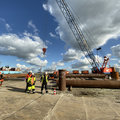
How can you build foundations for offshore wind turbines creating as little disturbance as possible?
10 December 2019
Greenland ice losses rising faster than expected
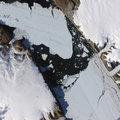
Greenland is losing ice seven times faster than in the 1990s and is tracking the IPCC’s high-end climate warming scenario, according to the Ice Sheet Mass Balance Inter-comparison Exercise (IMBIE) Team.
03 December 2019
Understanding and predicting sandy beaches
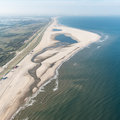
Sand is the second most widely used raw material in the world, after water. Sand dunes keep our country safe from flooding.
29 November 2019
Minimising fruit crop losses due to frost
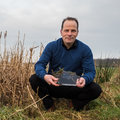
Bas van de Wiel (Professor Atmospheric Physics) wants to minimise the fruit crop losses due to frost. Yet surprisingly little is known about this phenomenon. Therefore Van de Wiel received a grant from the Dutch Research Council (NWO) to together with colleague Marie-Claire ten Veldhuis provide clarity on fruit frost.
21 November 2019
Crowdsourced ‘supercomputer’ enables more localised and accurate rainfall forecasts
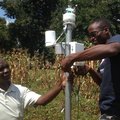
Accurate forecasts of rainfall are crucial in Africa, where 95% of agriculture depends on highly localised rainfall. Currently, forecasts are based on satellite data and are not sufficiently accurate for small geographical areas.
12 November 2019
Djonno Bresser is TU Delft Best Graduate 2019
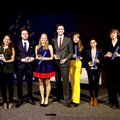
Today, at the TU Delft Best Graduate Award Ceremony 2019, eight recently graduated engineers presented their research and results of their excellent master thesis. Djonno Bresser, graduate of the Faculty of Civil Engineering and Geosciences (CEG), received the prestigious title TU Delft Best Graduate 2019.
11 November 2019
First cycling behaviour experiment on Leeghwaterstraat
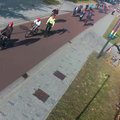
The Leeghwaterstraat on the TU Delft Campus has officially been put into use as a living lab for research into cycling behaviour and autonomous driving.